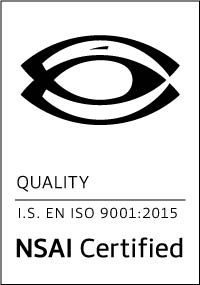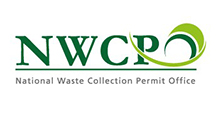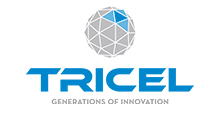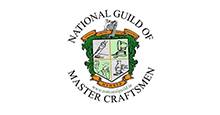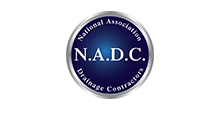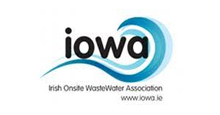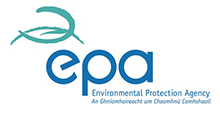FREQUENTLY ASKED QUESTIONS
Householders having their septic tanks de-sludged should ensure that they retain a receipt from the permitted waste undertaker who de-sludges the tank.
- Name, address and Permit Number of the waste collector.
- Date of desludging.
- Quantity removed and destination to where the sludge is to be taken for treatment and disposal/recovery.
Permitted Waste collector must ensure that sludges are treated and disposed/recovered in accordance with legislative requirements.
The frequency of de-sludging is dependent on the size of the tank and the number of persons living in the house. Best practice for the management of DWWTS indicates that de-sludging should be undertaken when the level of sludge on the bottom of the tank is greater than approximately 400 mm. A minimum of 75mm of sludge should remain in the tank to assist in the re-seeding of the new sludge. Regular maintenance is required to ensure that the septic tank operates effectively and that solids do not enter the percolation area and clog the distribution pipe work. We recommend once a year.
Normal amounts of household bleach, disinfectants and detergents will not harm the domestic wastewater treatment system. However, excessive amounts of bleach will temporarily reduce the treatment capacity, as the microorganisms needed to treat the biological waste will be killed off. In saying this, the system should return to full performance capacity within a short period of time. It is important to be aware of potential effects that excessive use of these chemicals will have on your wastewater treatment system.
Adding macerated food waste to your wastewater increases the organic strength of the wastewater. This in turn could result in inadequate treatment, blocked pipes and smells arising from the tank or percolation area.
The cooler water then flows to the septic tank where it is treated.
Grease traps are usually not included in the design of a domestic wastewater system but are mandatory in systems treating water from restaurants, hotels and any other businesses that supply food.Due to the absence of these systems in single dwellings it is highly important that people do not allow any fats, grease or oils to enter their septic tank systems. The inlet pipes can become clogged up by the fats and grease and therefore can reduce the treatment rate of the septic tank system. To insure that this doesn’t happen to your system, all fats, grease and oils must not be disposed down the sink or drains.
Over 300
5-star reviews

